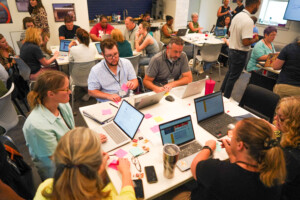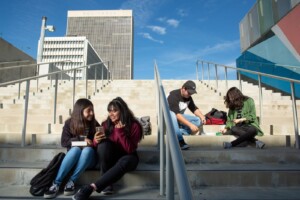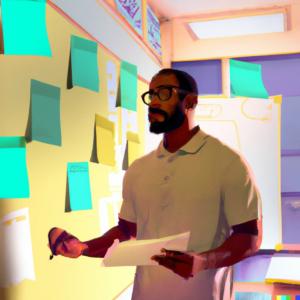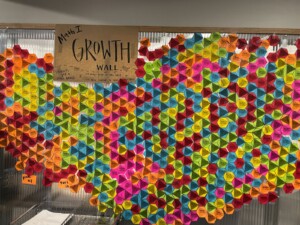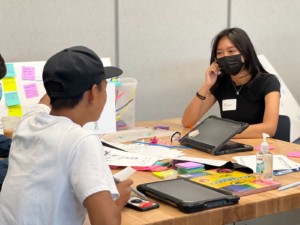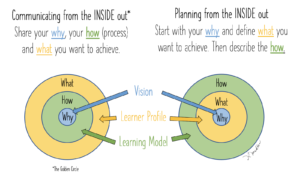Competency-Based Education
Competency-Based Education implies leaving behind the A-F grading scale and designing instruction that includes explicit, measurable, transferable learning objectives to empower students with specificity in their learning and at its best, enables them to move at their own pace (often coupled with personalized learning). It also emphasizes the same departure of other modern pedagogy in that students create knowledge and the ability to use that knowledge going forward. This topic impacts credentialing, mastery and assessment.
From the State House to the Classroom: How Policymakers Can Help Bring Competency-Based Education Into Reality
Wyoming’s big shift towards competency-based education (CBE) isn’t just a policy milestone - it’s an opportunity to examine partnership-based approaches to implementing CBE.
Why 20 Missouri School Districts Are Seeking New ‘Innovation Waivers’ to Rethink the Way They Test Students
The Missouri State Board of Education voted unanimously Aug. 15 to approve 'innovation waivers' for the 20-school Success-Ready Students Network.
Creating an Inclusive Learning Culture Through Trust, Feedback Cycles, and Positive Self-Talk
Nurturing a true growth mindset culture demands more than just awareness; it necessitates establishing a safe and inclusive learning space that embraces the diversity of learners and their experiences. Rebecca Midles explores more in he latest post.
Charting the Path for Personalized Learning By Planning Backward
With the growing interest in unpacking learning models and refining teaching and learning frameworks, foundational learning practices are resurfacing in conversations about personalized learning.
From Classroom to Career: Mastering Real-World Competencies through Alternative Learning
Russell Cailey shares his insights on the benefits of alternative approaches to learning in response to traditional education models and their inability to adapt to the students of the 21st century.
Measuring Learning Growth: Competencies and Standards
The role of competencies has become increasingly important as employers, students and educators realize the impact of transferable skill deficit in young people. The challenge, however, becomes implementation.
Design for Delight: Building Durable Schools with Learners
After observing the camp, America Succeeds created a case study sharing the four-day summer camp experience and their verdict on if it truly supports learners in creating and building Durable Skills that will serve them in high school and beyond.
Mindful Leadership for Change
Rebecca Midles pens a follow up to her recent blog, Framing and Designing the How, that connects the alignment of intentional design in the role of planning and communicating.
Framing and Designing the HOW
Rebecca Midles carves the designing path to change for a learning organization.
Amplifying Student Voice to Design the Vision for Learning
The iterative process of launching a microschool is challenging, but continuously engaging student voice in the process can elevate student learning and create shared ownership in a vision for learning.



